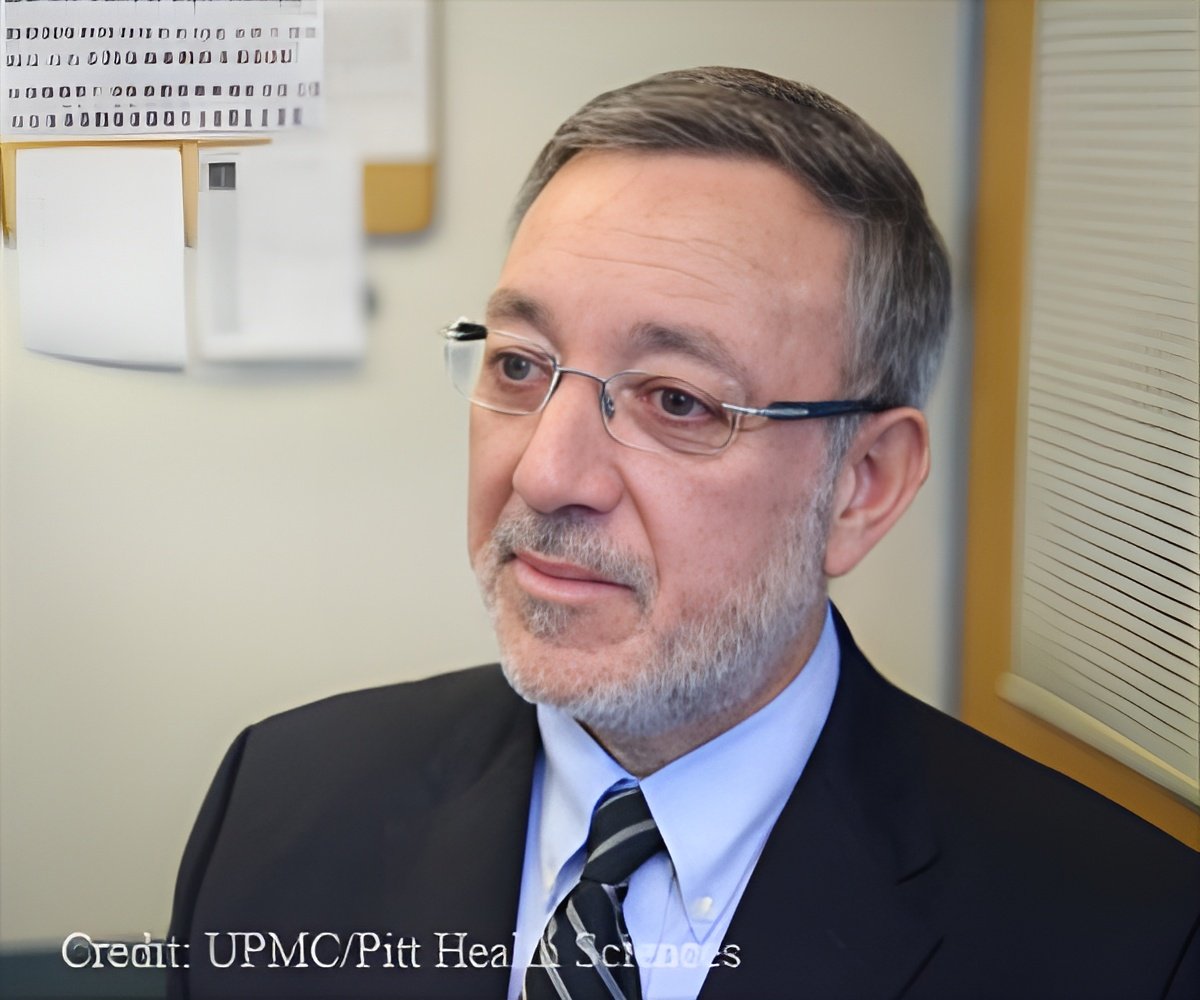When treating children aged 9-23 months of age, a standard 10-day antibiotic regimen had beneficial results for acute ear infections.

- Otitis media affects three in four children below 3 years of age.
- A standard 10-day antibiotic regimen offers improved clinical outcome in children with ear infections.
- The risk of treatment failure in the shortened 5-day antibiotic regimen was 34% higher than the 10-day regimen.
Otitis media is a bacterial infection of the middle ear behind the ear drum which causes it to become inflamed and painful. It occurs in children below the age of 3 years.Three out of four children experience this infection within their first year.
There are two main types-
- acute otitis media (AOM) where the ear becomes infected and painful.
- otitis media with effusion (OME) where the fluid and mucus stay trapped even after the infection has subsided.
"Given significant concerns regarding overuse of antibiotics and increased antibiotic resistance, we conducted this trial to see if reducing the duration of antibiotic treatment would be equally effective along with decreased antibiotic resistance and fewer adverse reactions," said Alejandro Hoberman, M.D., chief, Division of General Academic Pediatrics at Children's, and the Jack L. Paradise Endowed Professor of Pediatric Research at Pitt's School of Medicine.
Trial
They were assigned with a standard 10-day regimen of the antibiotic amoxicillin-clavulanate or a shortened 5-day treatment followed by placebo for five days.
Risk of Infection Higher In 5-Day Group
The researchers found that the risk of treatment failure in the 5-day group was at 34%, which was more than twice as much the risk in the 10-day group at 16%.
The results clearly showed that the 10-day treatment was far more effective.
Also there was no decrease either in the adverse effects of antibiotic use like diarrhea or diaper rash in the 5-day group or in the presence of antibiotic-resistant bacteria that were tested through nasopharyngeal (back of the nose) swabs.
Recurrent Infection
The researchers found that the risk of recurrent infection was higher:
- Among children who were exposed to other children with the infection in places like day-care setting.
- If the initial infection occurred in both ears.
- If residual fluid was observed in the middle ear after treatment.
The trial was conducted at Children's Hospital of Pittsburgh of UPMC and the University of Pittsburgh School of Medicine and the results of the trial are published in the New England Journal of Medicine.
References
- Otitis Media/ Middle Ear Infection - (https://www.medindia.net/patients/patientinfo/otitismedia.htm)
- Alejandro Hoberman et al. Shortened Antimicrobial Treatment for Acute Otitis Media in Young Children. New England Journal of Medicine; (2016) DOI: 10.1056/NEJMoa1606043
Source-Medindia















